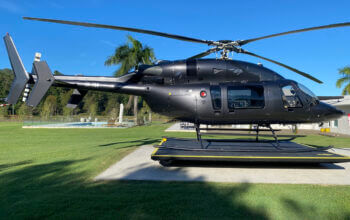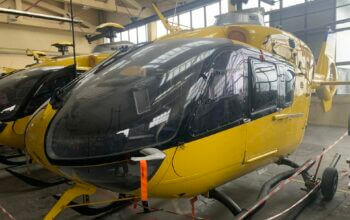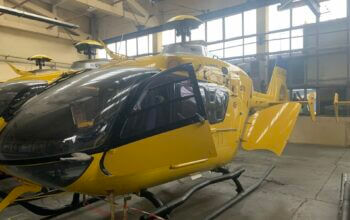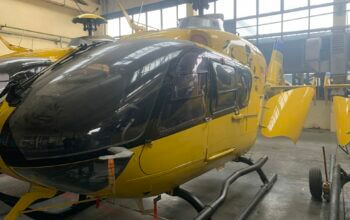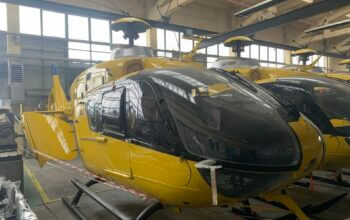Estimated reading time 7 minutes, 28 seconds.
Will the upcoming travel season be a repeat of last summer, or do the airline industry and leisure markets have reason to be optimistic?
It all depends on which areas of the world we’re talking about, according to a panel of experts who shared their views during a Routes Reconnected webinar entitled “Predictions on the Future of Aviation.”
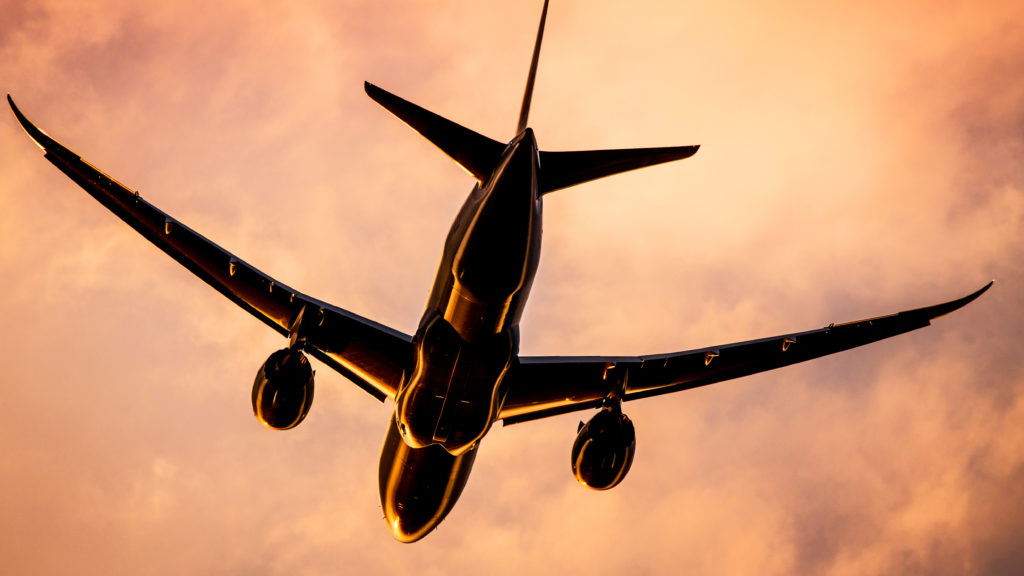
“It varies dramatically from market to market. Here in the U.S., flights are full and leisure travel is strong,” said Michael Bell, senior client partner, Civil Aviation Practice at global consulting firm Korn Ferry. “Airlines are catching up to stronger than anticipated demand. However, my colleagues in Europe say they are facing major limitations. But if the U.S. is a barometer and other areas open up, I think we’ll see a strong summer.”
The view from Europe is that things will improve this summer, but other markets around the globe will not open as quickly until the end of this year, or even into next year.
“The pent up demand is largely driven by the leisure market. The bigger markets will return quickly, but less so for smaller markets,” said Dave Stroud, managing director, ASM Global Route Development.
This summer will be a repeat of last summer where travelers will go where they’re allowed to go, according to Nicky Kelvin, senior director of content at American travel website The Points Guy. Places with high vaccination rates and low infections such as Israel, Mexico, and North America should be popular destinations this summer, while South America and South Africa are off the table.
“It’s harder to predict popular European destinations such as France and Spain as nobody wants to go to a country where you have to quarantine for 10 days,” Kelvin added.
One industry expert predicts comfort travel will be popular this summer — places where people have been to before or that are familiar enough to offer a sense of security.
“This would include islands or places that have been self contained, such as the Canary Islands or Greek Islands,” suggested Tom Hall, vice president of travel guides publisher Lonely Planet.
With so many people working remotely, what is the outlook for business travel, the panel was asked?
There are so many different views on this question said Bell of Korn Ferry, but he believes “Covid accelerated us on a curve that we were already on. It’s not just travel budgets or fear of Covid, but individual lifestyles and work-life balance. People might ask why they should fly over to London for a three-hour meeting when they could knock it off in a [Zoom] meeting in no time. Business travel will be much slower to rebound, and I think a portion of it is gone permanently.”
There are three different types of business travel that have an impact on network planning and long-haul routes, noted Stroud of ASM. The main one is convention travel which should return to normal. Another is meeting customers and suppliers, which will also eventually come back. What will likely lag behind is internal travel such as meetings between management groups and that will likely shift to low-cost carriers.
Asked if airlines will reconfigure their cabins to reflect this changing dynamic, Hall of Lonely Planet believes there will always be a demand for business class. What he does see is the disappearance of First Class cabins as those flyers might opt for private charters for privacy and isolation from other people.
“I think premium economy will become more prevalent, especially for long daytime flights for families. Over the medium term due to the effects of the pandemic, I feel people will make fewer trips, but stay longer at [less crowded] exploration destinations.”
Has the passenger experience changed forever due to Covid, the panellists were asked? The general consensus was that passengers will become accustomed to the new normal like they did for increased security checkpoints at airports.
As far as airline workforces are concerned, Bell noted there is no shortage of pilots, flight attendants, and maintenance workers, among other personnel, but that MRO operators were having difficulty finding aircraft maintenance technicians.
“The cuts were quite deep and the rebound in demand will make it worse. On the leadership side, I’m more concerned about our ability to attract leaders to our industry. But those I’ve spoken to in our industry say they are more in touch with their workforce than ever before.”
In terms of sustainability, the industry needs to convince people that travel is a positive lifestyle choice, and that aviation is driving towards a sustainable future by reducing carbon emissions, said Hall. “There is clearly more work to do in terms of communications and technology and developments around that.”
The Routes Reconnected virtual event took place from April 26 to 29, 2021, as a way to reunite industry members and support leading aviation stakeholders in restoring and reshaping global air services.
